Tiffany AntoneBlockedUnblockFollowFollowingDec 1
It’s time to stop outsourcing our civic responsibility to some faceless political hero who may never arrive
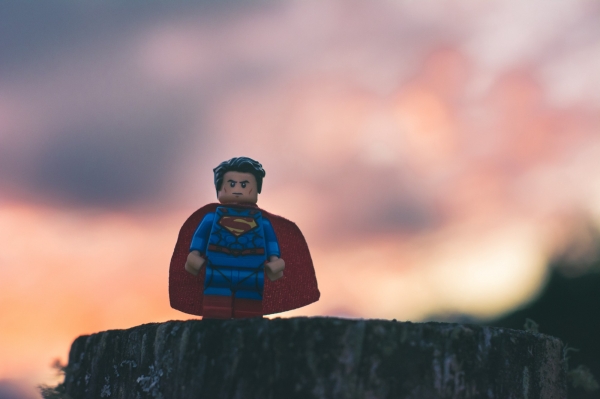
I had an interesting discussion with my mother the other day, about how she wishes an honest politician would come along that we could all believe in. A politician who is inspiring and not just in it for him/herself. One who would fix everything wrong with American politics.
I thought to myself “Isn’t that what we all want?” But of course, the way MY Hero Politician would “fix” the system would probably be quite a bit different from hers, begging me to wonder if either one of our fictional political rock-stars could even really qualify as heroes if only half the nation would vote for them.
In a traditional hero narrative there’s very little gray space for us to get morally lost in… but we don’t live in that kind of narrative.
I mean, in the movies, everyone who isn’t some kind of evil villain is cheering for Superman, or Spiderman, or Thor, etc., in unison. It isn’t partisan — literally everyone who isn’t a baddie wants the dude/ette to succeed and save them from disaster! But that’s because (most of the time) the hero and the villain are clearly delineated, making it much easier to tell good from bad, black from white…
You see, in a traditional hero narrative (comic books, fantasy, and sci-fi provide excellent representations of this) there’s very little gray space for us to get morally lost in.
I think we all know that’s not the case with real life.
So what the hell are we all talking about when we talk about this oft-longed-for Hero Politician? Is such a thing even possible? And why are so many of us holding our breath to find out?
(Let me just interrupt all the thoughtful word stuff for a moment to acknowledge the fact that article is SCREAMING for a soundtrack…
Good. Now that we’ve got that out of the way, we can dive back in…)
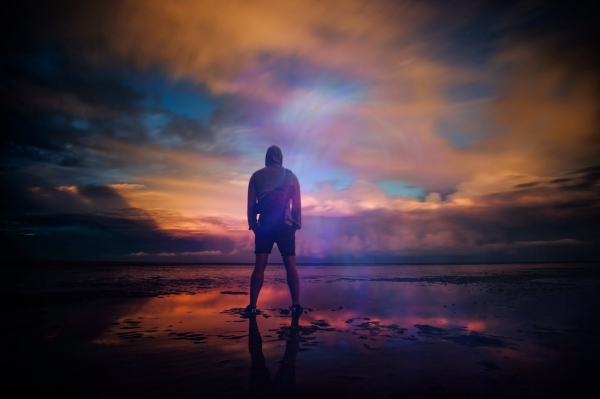
Joseph Campbell, the preeminent expert on heroes, has outlined the Hero’s Journey as a narrative structure composed of seventeen key plot points. This archetypal journey is found across cultures, and features heavily in American cinema (Star Wars is a nearly perfect example)
A hero ventures forth from the world of common day into a region of supernatural wonder: fabulous forces are there encountered and a decisive victory is won: the hero comes back from this mysterious adventure with the power to bestow boons on his fellow man. — Joseph Campbell’s THE HERO WITH A THOUSAND FACES
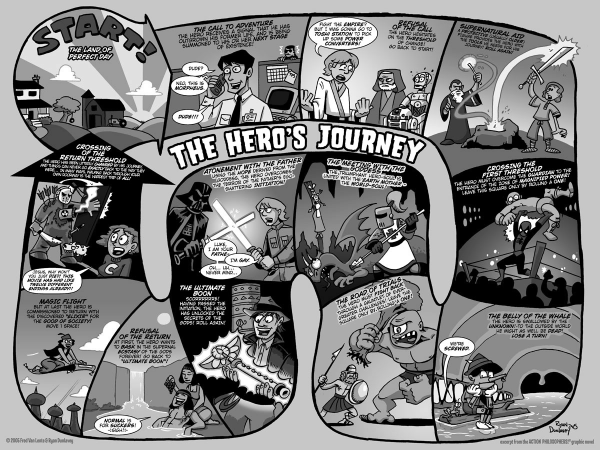
I think Campbell’s work on the Hero narrative is important to consider, since so much of our hero-worship is fomented by the hero-saturated media we consume. Just look at the top grossing films of 2017:
- Star Wars Episode VIII: The Last Jedi
- Beauty and the Beast
- Wonder Woman
- Guardians of the Galaxy Vol 2
- Spider-Man: Homecoming
- It
- Thor: Ragnarok
- Despicable Me 3
- Logan
- The Fate of the Furious
Six of these are straight up, hero-centered, comic-book adaptations; two are animated fairy tales, which also utilize the hero narrative; one is a horror film with very clear baddies and non-baddies; and one centers on a bad-boy/girl-hero-gang. In every single one of these movies, the sides of good and evil are clear, as are the cheer-leading sections.
Isn’t it nice to know who to root for?
This obsession, of course, isn’t new — America has always LOVED a good hero. In the spirit of Christmas, I’ll just fess up now: One of my favorite holiday films is Die Hard, and that work of testosterone-fueled magic is 30 years old! But our devotion to the hero-narrative is blown out of proportion. Look at the top grossing films of 20 years ago:
- Saving Private Ryan
- Armageddon
- There’s Something About Mary
- A Bug’s Life
- The Waterboy
- Doctor Dolittle
- Rush Hour
- Deep Impact
- Godzilla
- Patch Adams
Again, we see some strong hero movies, but there’s also some comedies and dramas in the top ten mix, for God’s sake! Also, the only comic-book film on the list centers on a giant lizard! So the heroes America was buying twenty years ago were operating in murkier waters against real-world, or quasi-real-world (I mean, Armageddon was delightfully absurd) foes instead of the comic-book villain type.
So what does our current-day hero worship (and my obsession with John McClane) have to do with you and me and the real world, right now?
Well…
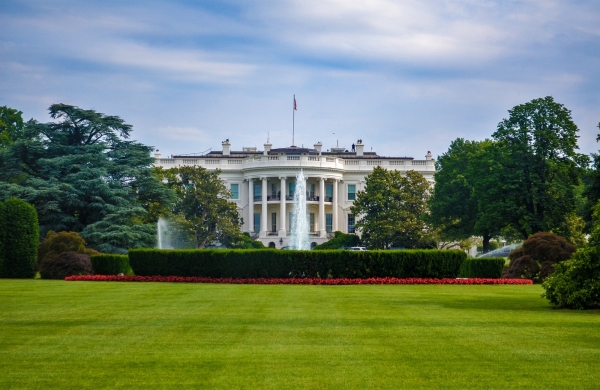
I think there’s a lot of us hoping that our John McClane/Batman/SuperWoman is going to show up before the 2020 election to clean house and set things right!
But let’s break down why that’s problematic…
There are serious flaws in our dream of Political Heroism — namely that real life isn’t black and white. Real-life heroes are rarely universally celebrated… and when they do manage to come close to that level of celebration, it’s usually because they’ve died and their histories have taken on near-mythic qualities after their deaths.
It’s actually easier to die a hero, than to live as one.
Howard Suber, author of The Power of Film, explains the mythic quality of the hero’s sacrifice, as such:
“When we watch people sacrifice others, we may accept it, but they do not generally rise in our esteem. When people sacrifice themselves, however, and voluntarily accept pain, loss, deprivation, and suffering on behalf of a cause or other people, their sacrifice often raises them to a higher, more sacred, plane.”
Which is why it’s so hard for heroes who survive their heroic acts to remain heroic in the eyes of the public. Eventually they’re going to do something human again, and in today’s all-eyes-constantly-on-you world, those human faults are going to damage the Hero’s image. In this sense, it’s actually easier to die a hero, than live as one.
Which means right now, in the thick of all the yuck-stew that is bubbling over onto our picturesque American fantasy, finding a hero that is alive and can weather our investigative “Find every damn skeleton in their closet, and maybe invent a few for good measure” social media gauntlet of Public Opinion Hell, finding a living, honest-to-God Political Hero is a pipe dream.
Additionally, the constant thrum of dis/information we are plugged into means we’re all constructing wildly different mental pictures of this hero we hope will show up. And if we have different ideas of what that hero needs to be in order to save us from ourselves, one side will inevitably feel like the other side’s Hero is antithetical to their cause — and possibly a Villain as a result.
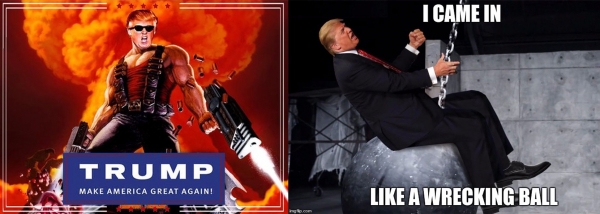
Right now, for instance:
- Trumpsters believe Trump is a hero.
- Non-Trump-loving Republicans hope he’ll turn into one (but how when he hasn’t gone anywhere on Campbell’s map)…
- Everyone else is hoping for a hero to come along that will defeat Trump.
Which is why this nation is divided and frantic and fighting and — to put it mildly — kind of a big, hot, flaming mess truly in need of a unifying hero to come rescue us.
Basically, we’re all kind of screwed.
Fortunately, the midterms showed that Americans are SO freaked out by our current political landscape, they’re actually showing up for politics in semi-respectable numbers for the first time in ages!
According to the U.S. Elections Project, 49.2% of eligible voters cast their ballots on November 6th — nearly 116 million people. That’s the highest recorded rate for the midterms since 1914 when turnout was 50.4% and women didn’t have the vote. — Nial McCarthy, Forbes
If we can keep American’s sense of civic duty alive a little while longer, we might actually stand a chance of seeing an admirable turnout for the 2020 election as well — and that’s important, because democracy only works when every citizen exercises their right to vote.
But will people show up to vote if they don’t see hero on the ballot?
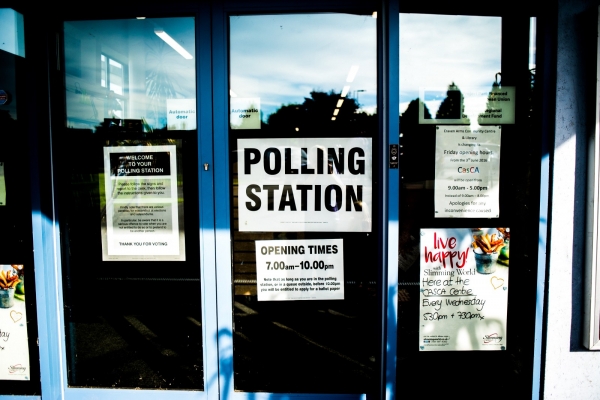
“The hero doesn’t become a hero simply because he takes a stand against the villain; he becomes a hero because he stands for something. This can be justice, a cause, his family, friends, community, or nation. Invariably, while the villain stands for himself, the hero stands for something beyond himself.” — Howard Suber, The Power of Film
Even though we may disagree about what our hero needs to look like and who s/he needs to fight, I think most of us expect our heroes to possess some agreed upon qualities. A hero should be:
- Selfless
- Honorable
- Brave
- Willing to make a sacrifice in the name of what’s “Right”
- Just
- Determined
- Admirable
The exciting thing that we all seem to be forgetting is that these qualities exist in regular people! In fact — spoiler alert— a hero is really just a regular person who is pushed to the point of heroic action by dire circumstances.
And sometimes, heroes don’t appear to possess any of the above qualities. They may be selfish, greedy, dirty, drunk… but when the crisis arrives, they somehow push all that baggage to the side in the name of “doing what’s right.”
So, as Oprah might say “You can be hero, and YOU can be a hero — and you in the back? YOU CAN BE A HERO TOO!” Because every single one of us possesses the potential to be a hero — we just hope we’re never in a situation that tests this theory out.
Because being a hero sucks.
“The person who rushes into battle and storms to the top of the hill is certainly being proactive and he may seem to be heroic. But he is also likely to be dead by morning. Heroes are reluctant because no person in his right mind volunteers to be a hero.” — Howard Suber, The Power of Film
Suber goes on to explain that it’s the villain that turns someone into a hero. Well, right now, no matter which side of the political aisle you’re perched on, villains abound!
The villain was a villain long before the hero arrived on the scene, and the hero had no part in turning him into a villain. Nor, if the hero disappeared, would the villain cease to be a villain.
While heroes do not turn people into villains, villains turn people into heroes — it is the hero’s reaction to the villain that makes him a hero, and when the villain disappears, there is nothing left to be heroic about.” — Howard Suber, The Power of Film
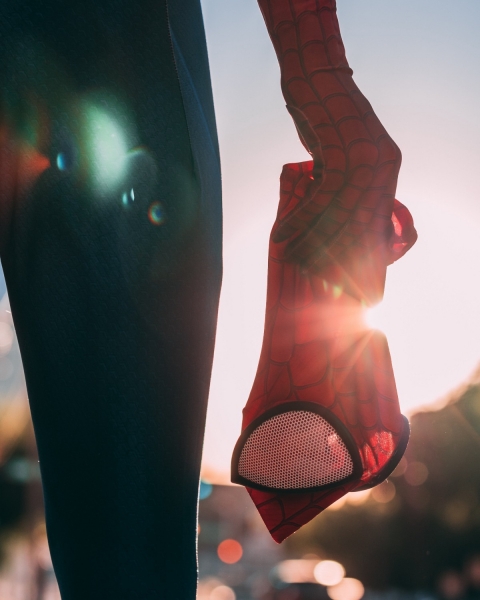
So unless we’ve been bitten by a radioactive spider while on a suspiciously dangerous field trip to a crazy laboratory, we usually don’t take heroic action until the world inspires us to do so. (And even in extreme instances of radioactive spider-bites, characters like Peter Parker don’t take heroic action until they realize their great new super powers obligate them to take on great responsibility.)
Another thing to note is that some of these qualities are actually really annoying in non-heroes… Most of us have had to make a few moral compromises along the way. There’s nothing worst than being friends with a person of such intense moral character that they look at your compromise as an act of weakness. I mean, maybe it was weakness to eat all the holiday cookies before the rest of the office arrived, but jeez, Carl, you don’t have to make me feel like such an asshole about it!
One of the most important heroic qualities, and one of the most difficult to master, is that of sacrifice. Howard Suber explains the hero’s sacrifice as such:
“Sacrifice” comes from the same root as “Sacred”, and throughout history there has been a reciprocal relationship between the two. What people hold sacred often demands sacrifice; conversely, when someone makes a sacrifice, he and his actions tend to take on an aura of the sacred.
The hero generally gains little or no reward for his sacrifice — it is the community that gains. To the extent the hero does personally gain from his sacrifice, he ceases to be a hero and becomes simply a smart operator.
Sacrifice becomes sacred when it is truly selfless.” — Howard Suber, The Power of Film
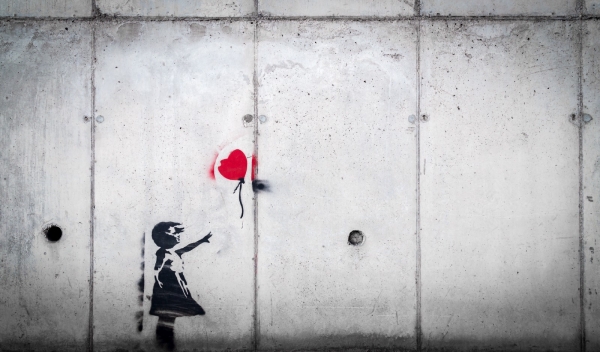
The world’s problems feel mythic in scope —this stew of divisiveness and inequality and chaos feels so damn big — hence our understandable desire for some mythic hero to swoop in and fix everything for us. I mean, how can we not wish someone would come along and fix it all for us? Our patriarchal societal structure damn near promises us that someone will come along and save the day…
But by now it’s probably pretty clear that I’m arguing we’ve got to stop out-sourcing our civic duty and become heroes ourselves.
It’s comforting to hope, and believe, that rescue is coming — but it’s not realistic. In fact, it’s actually pretty damn dangerous.
Because the longer we sit out the fight, the more time we give to the villains.
And Americans have been chillin’ on the sidelines for a while now… which is why it looks like the villains are everywhere — no wonder we’re feeling all kinds of romantic about being rescued…
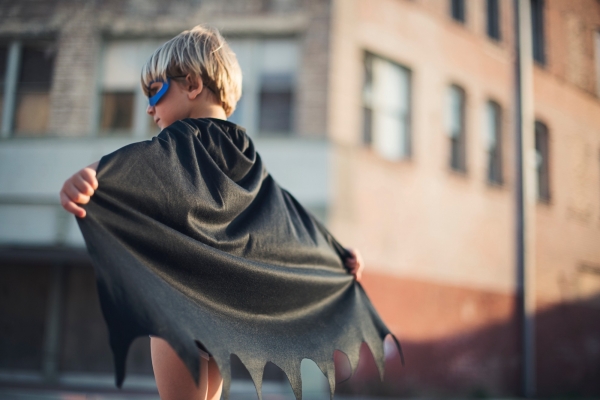
But there’s more power in seizing control of your destiny than in holding out for a hero. Incredible power! And the reward is confidence, security, and a feeling that the world is, in fact, what you make of it — not what others make of it for you.
You seek your destiny; you succumb to your fate. Destiny originates within the self; fate comes from outside.
Fate is the force that lies beyond individual will and control; it pushes you from behind. Destiny is the attracting force in front of you that acts like a magnet and that you choose to acquire.
The idea that you can seize control of your destiny is the central tenet of America’s unstated state religion, Individualism. It is the ideology that the United States exports to the rest of the world, and perhaps more than any other single factor, explains the ongoing appeal of American films.
At their most powerful, American films are sacred dramas for a secular society. What is most sacred in American society is the faith Americans have, which we see in virtually every popular film, that each individual possesses within himself the power to control his destiny. — Howard Suber, The Power of Film
Problematic or not, Americans have been pitching themselves as a nation of heroes from the start. It’s time for us to embody this myth, or abandon it once and for all.
I don’t have to tell you which choice leads to a happy ending.
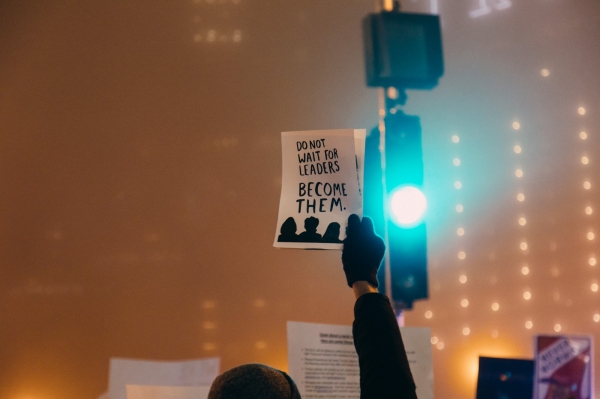
More by Tiffany:
Partisanship is Killing us All
Our inability to engage in critical thought is threatening the nation, but it doesn’t have to be a death sentence.medium.com8 Things to do with your rage when screaming into the void no longer helps
1Swallow the rage. Swallow it hard. Let it fester inside your belly and guts, until it erupts out of you in the form of…medium.com

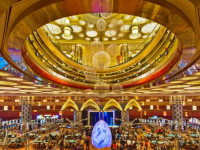
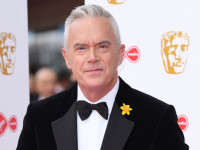

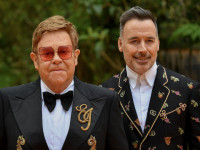



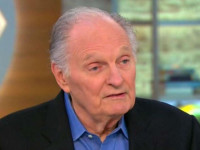
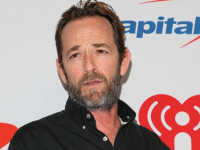

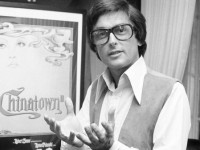
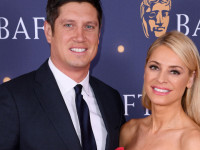



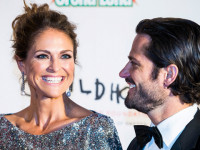


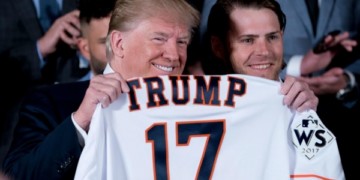
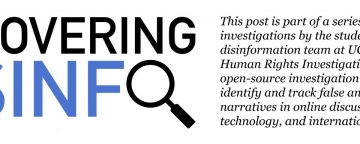
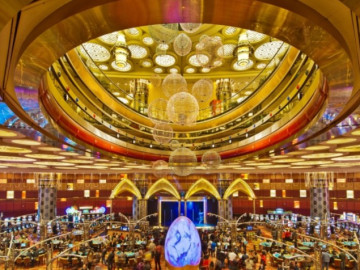
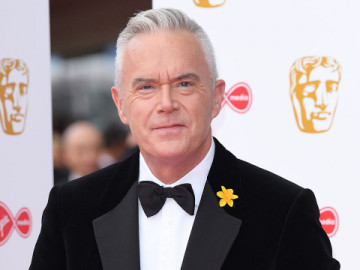

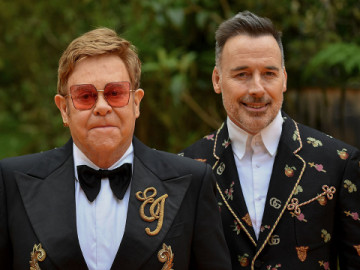
Connect with us